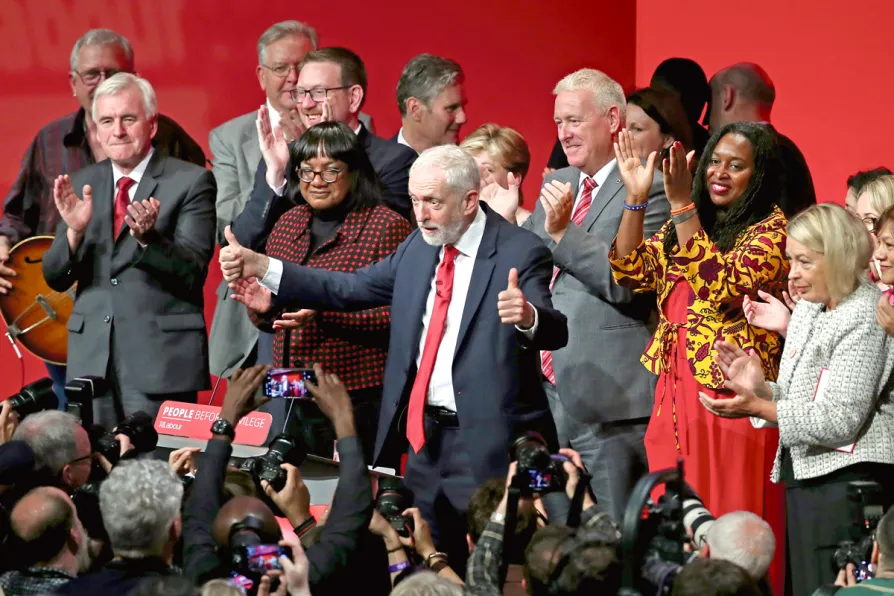As the RMT Health and Safety Conference takes place, the union is calling for urgent action on crisis of work-related stress, understaffing and the growing threat of workplace assaults. RMT leader EDDIE DEMPSEY explains

 COHERENT VISION: Labour leader Jeremy Corbyn following his speech at the party’s Annual Conference at the Brighton Centre in Brighton
COHERENT VISION: Labour leader Jeremy Corbyn following his speech at the party’s Annual Conference at the Brighton Centre in Brighton
AS EVENTS over the past few weeks and days twist and turn, a general election in the very near future looks increasingly likely and the hope of getting Boris Johnson out by Christmas grows.
Jeremy Corbyn has been clear on the need to first ensure that Johnson can’t crash us out with no deal, and once that is secured, a general election must be fought and won.
The message of his leader’s speech at Labour Conference on Tuesday afternoon was clear — everyone who wants a Labour government with socialist values needs to be in election-ready mode now. That means campaigning and explaining to everyone we meet the very real and tangible difference a Labour government would make to their lives — to the lives of tens of millions of people — and winning them to vote Labour at the ballot box.

If we can tackle the big issues, like delivering decent public services and affordable state-built and owned housing by making the richest pay a fair amount of tax, Labour can win back the trust and support of the electorate, argues ANDY McDONALD MP

This May Day we reaffirm our commitment to working people and our class and to get trade unionism back on the front foot, says EDDIE DEMPSEY

Tackling poverty in Scotland cannot happen without properly funded public services. Unison is leading the debate











